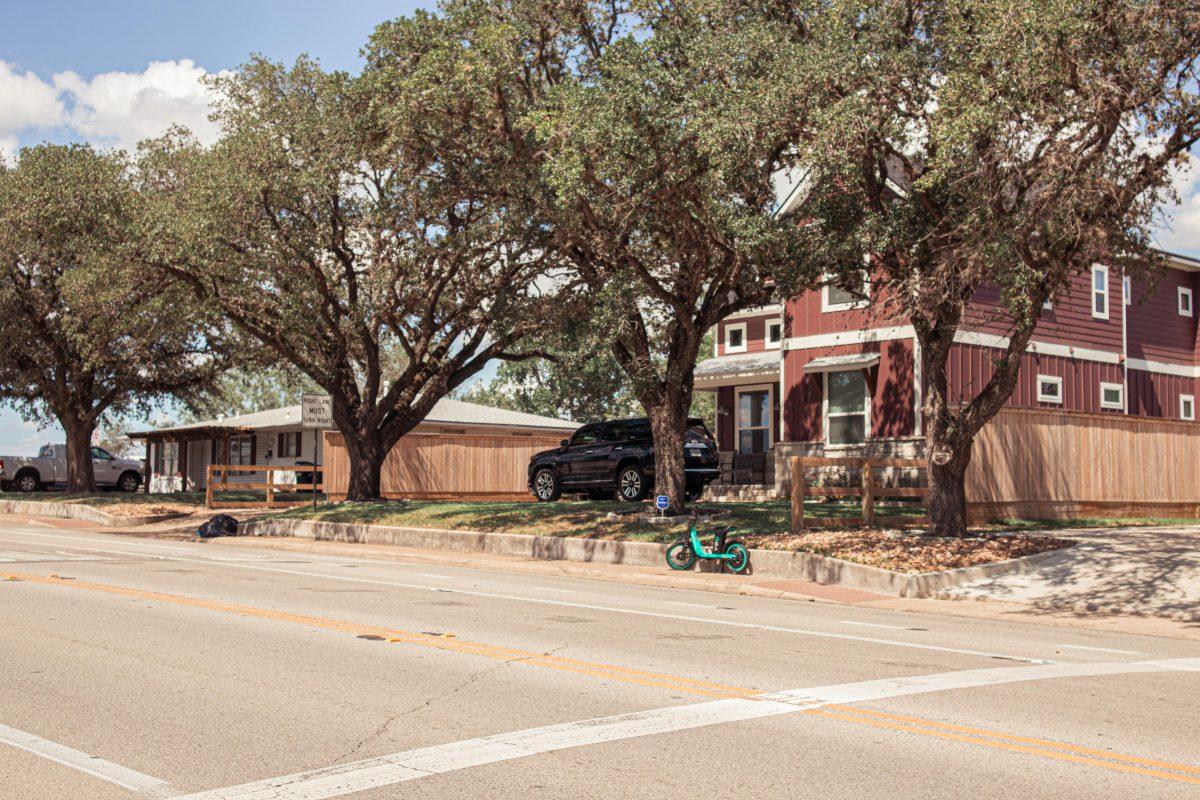As a teacher of courses on writing, I love to receive good papers. Seeing students succeed makes me happy. The more A’s my students earn, the happier I am. And, quite frankly, good papers are easier to grade.
But, unfortunately, many papers don’t achieve their potential. Rarely is the problem that the student lacks ability. Rather, it’s usually a failure to follow some basic practices.
So, with the end of the semester approaching and many papers due soon, here are 10 tips for helping papers succeed. Although some might seem to be common sense, they are neglected often enough to be worth listing.
1. Start early.
Often, students — and the rest of us — run out of time. So, as busy as you may be, start early. If nothing else, read the instructions for the assignment, so you can start thinking about them. Maybe jot down a few ideas, so you have something to start with when you return.
2. Read the instructions carefully. If you don’t understand something in them, ask.
Take the time to read the instructions thoroughly. If something in them is unclear, ask; don’t assume. Don’t risk losing points by misinterpreting the instructions.
3. Follow the instructions — exactly. Or obtain permission to diverge.
A paper that is well-written but doesn’t fulfill the assignment poses a quandary. I wish I could give it a good grade, but it doesn’t really qualify, in part because it might not fulfill the learning objectives. However, I do welcome creative approaches. So, if you have an alternative to suggest, propose it, and I’ll consider it. Just don’t surprise me.
4. Make clear in your writing that you’ve followed the instructions.
Make it easy to see that you’ve fulfilled the assignment. Let’s imagine, for example, that the instructions are to identify three techniques that a certain author uses and to provide examples of each. In your introductory paragraph, say you’ll do so. Perhaps have a paragraph for each technique; maybe start the first with “One technique,” the second with “Another technique” and the third with “The third technique.” Introduce the examples with wording such as “for example” and “for instance.” Maybe end with a paragraph that sums up. Thus, make it obvious that you’ve done everything requested. Don’t make me hunt or guess.
5. Follow models, if available.
Many types of papers have standard formats and so have models available to follow. Maybe your professor has provided such models. Or maybe you can request them or can find them yourself. Following such models, for example, in structuring your paper, isn’t plagiarism. It’s good professional practice.
6. Don’t risk inadvertent plagiarism.
Speaking of plagiarism . . . Don’t let carelessness lead to plagiarism. Beware of cutting and pasting from elsewhere, thinking that later you’ll put the material in your own words. You may forget, be shown to have plagiarized, and so fail the assignment — or worse.
7. Organize the paper carefully.
Time spent organizing a paper tends to be a fine investment. Good organization helps speed the writing process. It helps ensure that the writing is logical, complete and clear. And it helps reveal that the instructions have indeed been followed.
8. Write clearly, simply and concisely.
Some people think they must write obscurely to seem scholarly. But obscure writing often reflects incomplete thinking or an attempt to puff up insufficient content. Good academic writing tends to be readable, even if it presents difficult concepts and uses specialized terms. Gather ample information, understand it well and convey it straightforwardly. Doing so will impress me much more than hard-to-follow strings of needlessly long words.
9. Revise, revise, revise.
Good writing — including that by professional writers — tends to be much-revised writing. Draft your paper early enough to set it aside, reread it and revise it at least once. To notice problems more easily, read your paper aloud. If allowed, maybe get feedback from the University Writing Center or a friend. Then revise some more.
10. Submit the paper on time.
Don’t squander points by submitting the paper late. When a good paper receives a bad grade because of unexcused lateness, it’s sad for both the student and me.
Of course, not all professors assigning papers agree with all these tips. But most probably agree with them. If in doubt, ask about the expectations. Complying with them can yield a more acceptable paper, a higher grade and a better experience all round.
More importantly, following tips such as these can help in developing habits that promote later professional success. And hearing of that success makes me even happier than reading good papers.
Barbara Gastel, MD, MPH is a Professor of Veterinary Integrative Biosciences and Humanities in Medicine at Texas A&M



























